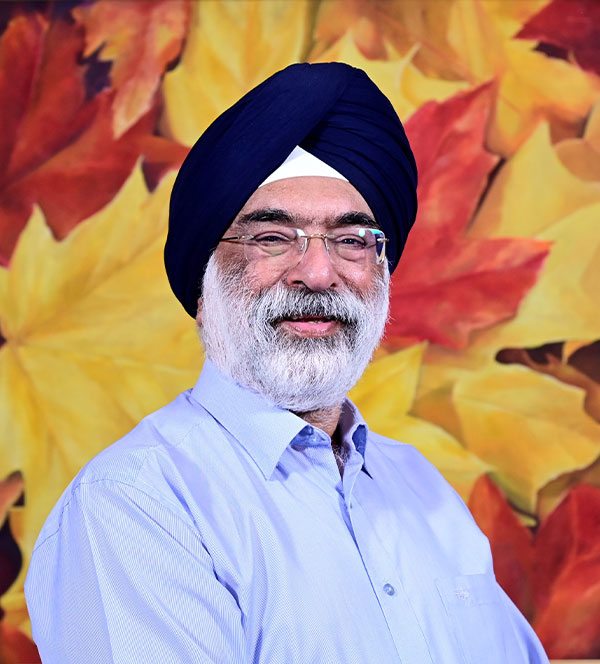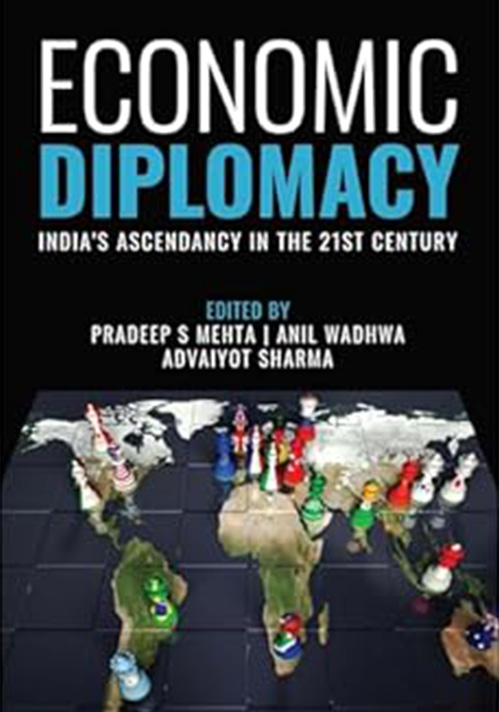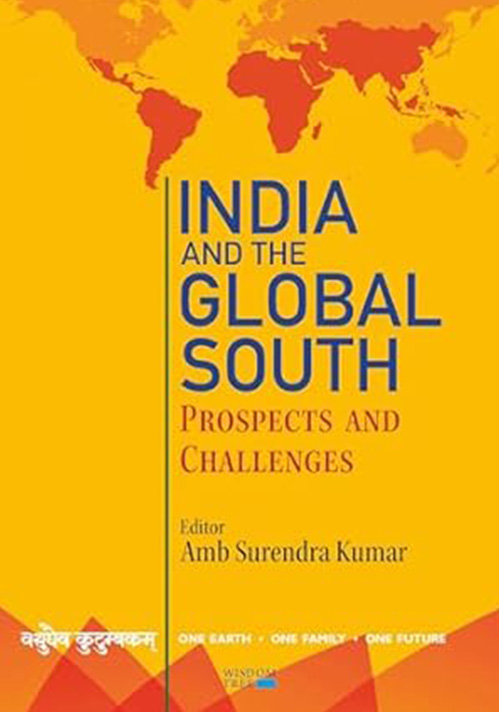
Gurjit Singh About
Former Ambassador of India to Germany, Indonesia, Ethiopia, ASEAN and the African Union
He was also concurrently accredited as Ambassador to Djibouti and the Intergovernmental Authority on Development ( IGAD) from Ethiopia, and Timor Leste from Indonesia.
He Chaired the CII Business Task Force on Trilateral Cooperation in Africa including the Asia Africa Growth Corridor with Japan. He comments on current events on TV and in journals. His report on such cooperation in 2019, focused on private sector engagement to make Trilaterals successful.
He is associated with the social impact investment movement and is working on expanding it in Africa along with other trilateral initiatives, including with Japan, for B2B engagement. He is an independent director of companies achieving social impact. He is also associated with civil society efforts through the Aavishkar Foundation, and the Advisory Council of Nobel Peace Laureate, Kailash Satyarthi. He is an Advisor to the Abhinav Bindra Foundation Trust.
Ambassador Singh is engaged in several activities of interaction with youth.This include his teaching at IIT, Indore and other colleges and schools on invitation. He often participates in the Shaping Young Minds Programme of the AIMA. He encourages the work of the Aavishkar Foundation with youth in eastern UP.
Ambassador Singh is an avowed cinema buff having an interest in Indian cinema, which is both academic and historical. He is very fond of sports, including cricket and is a qualified umpire from the Kenya Cricket Association. He enjoys travelling, experiencing different cultures and cuisines and meeting people. His commitment to enhance outreach programmes in every assignment and to enlarge the agenda of engagement is well-known. He is considered a business-friendly developmental diplomat.
He is married and has two children.

























